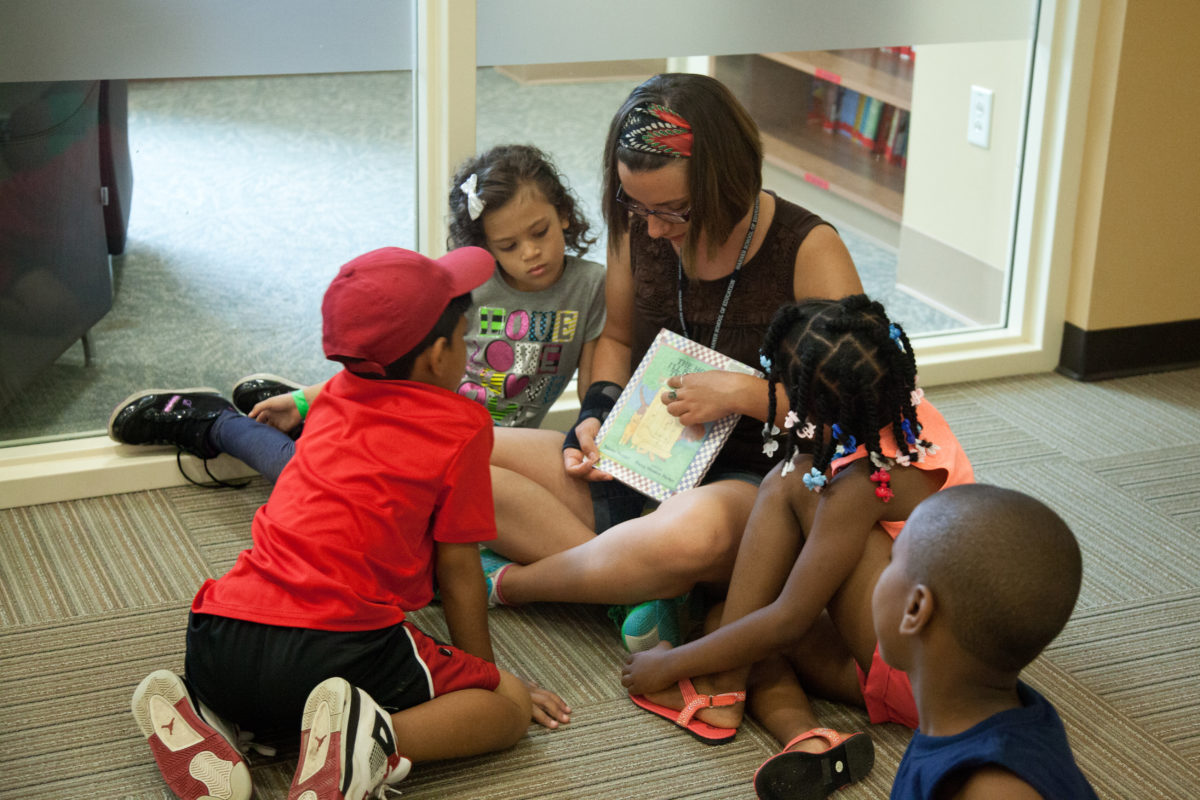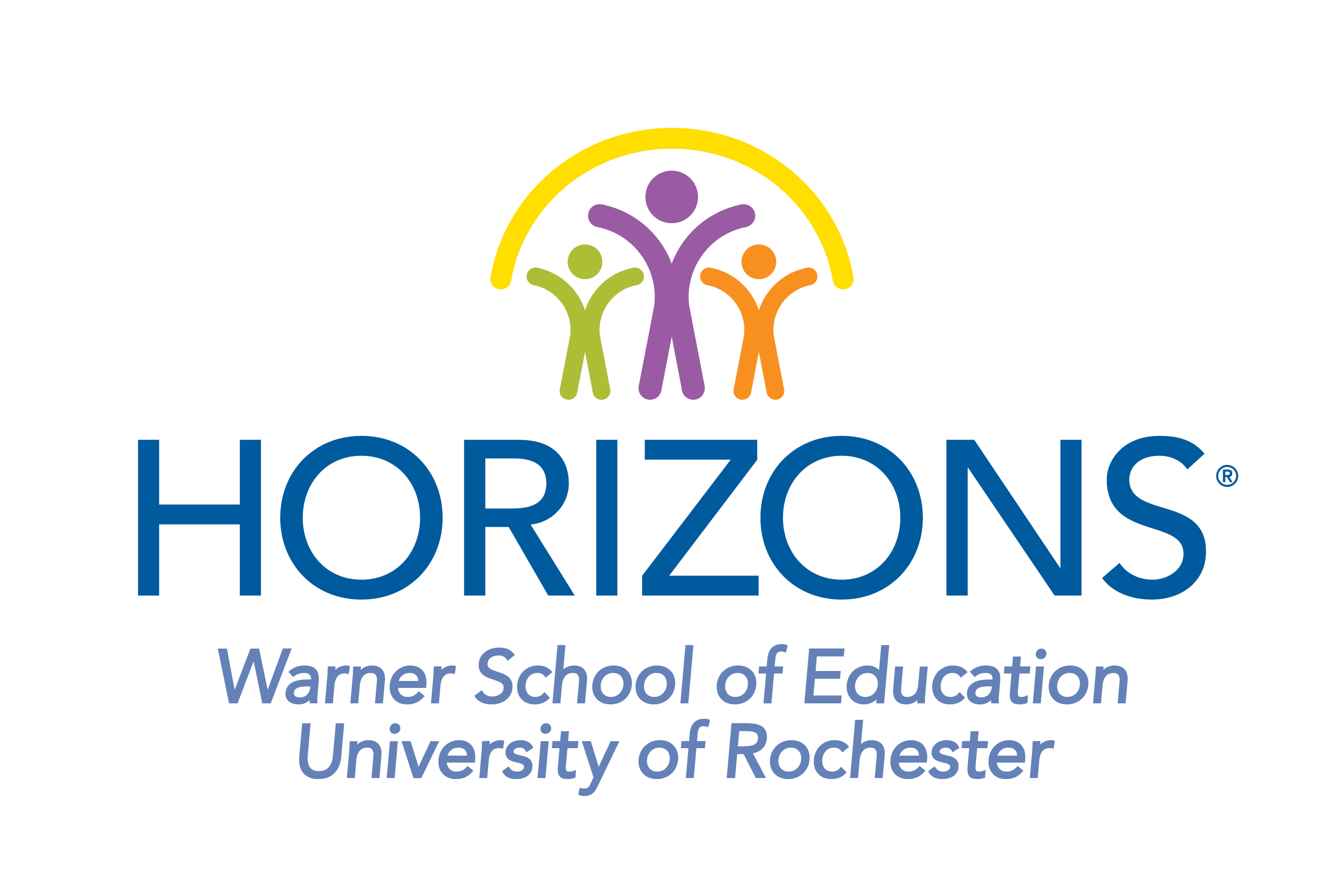
Why Read?
Definitionally, literacy is the ability to “read, write, spell, listen, and speak.”
Carol Anne St. George, EdD, an associate professor and literacy expert at the University of Rochester’s Warner School of Education, wants kids to fall in love with reading.
“It helps grow their vocabulary and their understanding about the world,” she says. “The closeness of snuggling up with a favorite book leads to an increase in self-confidence and imagination, and helps children gain a wealth of knowledge from the books you share. And it only takes 15 minutes a day of reading together to nurture this growth.”
Reading is necessary for learning, so instilling a love of reading at an early age is the key that unlocks the door to lifelong learning. Reading aloud presents books as sources of pleasant, entertaining, and exciting formative experiences for children to remember. Children who value books are more motivated to read on their own and will likely continue to hold that value for the rest of their lives.
Instilling a love of reading early gives a child a head start on expanding their vocabulary and building independence and self-confidence. It helps children learn to make sense not only of the world around them but also people, building social-emotional skills and of course, imagination.
“Reading exposes us to other styles, other voices, other forms, and other genres of writing. Importantly, it exposes us to writing that’s better than our own and helps us to improve,” says author and writing teacher, Roz Morris. “Reading—the good and the bad—inspires you.”
Not only that, but reading is a critical foundation for developing logic and problem-solving skills. Cognitive development is “the construction of thought processes, including remembering, problem solving, and decision-making, from childhood through adolescence to adulthood” (HealthofChildren.com).
Why Focus on Summer?
Summer vacation makes up about one-quarter of the calendar year. This is a time when students face different opportunities based on the social and economic status of their families. An analysis of summer learning (Cooper, Nye, et al., 1996) found that “all students lost mathematics and reading knowledge over the summer…This evidence also indicated that losses were larger for low-income students, particularly in reading.” Summer reading has emerged as a key component of state legislation aimed at promoting student literacy.
The Horizons at Warner program is committed to maintaining and improving student literacy with our kids every summer they return. Nationwide, each affiliate of Horizons National administers reading assessments to students during the first and last weeks of program. Pre-assessment allows our teachers to customize the learning experience on a student-need basis, and post-assessment reinforces this by not only revealing student progress in each area, but by giving insight into how we can improve program design in the future.
Research demonstrates that if a child is not reading at grade level by third grade, their ability to meet future academic success and graduate on time is diminished. Teachers know that up to third grade children are learning to read. After third grade, students are reading to learn. According to St. George, it is impossible to be successful in science, social studies, and even mathematics without a strong foundation in reading and literacy.
On average, we see an improvement by 1 to 3 reading levels in our students here at Horizons at Warner. Keeping true to our mission, these levels will account for all and more of the percentage of summer learning loss that we know our students would face without this kind of academic intervention, and leave our students five to six months ahead of where they would have been without Horizons.
Reading TO children
According to Jim Trelease, author of the best-seller, The Read-Aloud Handbook: “Every time we read to a child, we’re sending a ‘pleasure’ message to the child’s brain… You could even call it a commercial, conditioning the child to associate books and print with pleasure” (ReadAloud.org)
Developing a connection between “pleasure” and reading is crucial. Learning is the minimum requirement for success in every field of life.
